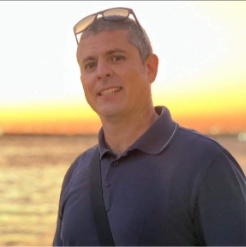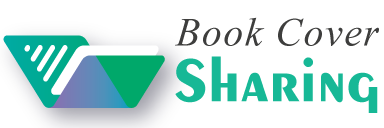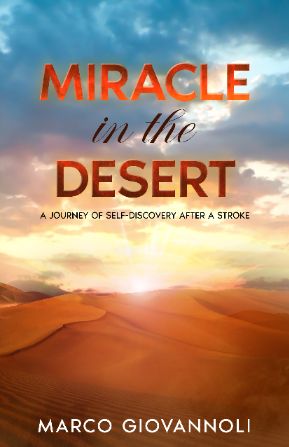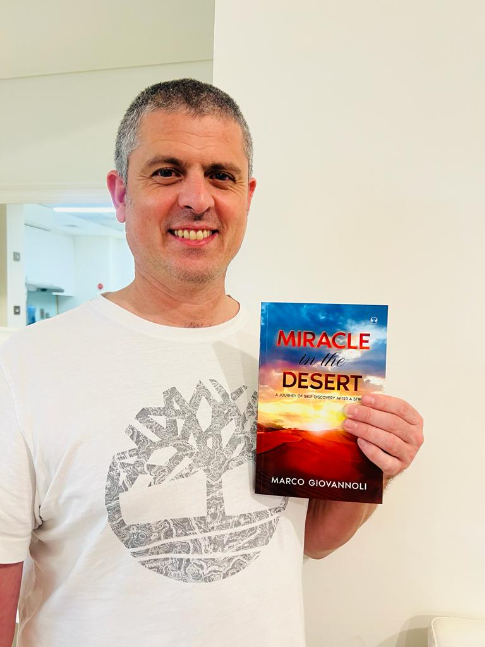Paulo Coelho once said that we need to start acting otherwise one day we will have no more time to do the things we always dream of.
Countless times, I heard that life after a stroke would be different. They suggested adapting to my new reality, but I refused to let disabilities dictate my limits.
It was only after my stroke that I realized my childhood dream of writing a book. Writing has always been my solace since I could read and write. Documenting my journey with the stroke helped me accept what happened and view life differently. I have a newfound joy I never experienced before the stroke.
Despite the pain and distress of my stroke, I have experienced tremendous growth and resilience since I started writing my memoir. This is common among trauma survivors, who often find new appreciation for life, a sense of personal strength, and a desire to help others.
Writing my memoir has been a cathartic experience. It has helped me to process my emotions, make sense of my experience, and heal. It has also allowed me to connect with other stroke survivors and their families.
Today, I am here to celebrate this achievement. I wrote this book solely with my left hand, as my dominant right hand was affected by the stroke. English, my second language, became the canvas for my story.
I will always embrace Eliud Kipchoge’ s words, the only human to run a sub two-hour marathon distance, “The only limits are the ones we place on ourselves!”
These words are for anyone who finds them, to take as they wish. Whether it’s passing it by or feeling intrigued, it’s a testament that even after a stroke and living with disabilities, we can still chase our dreams.




